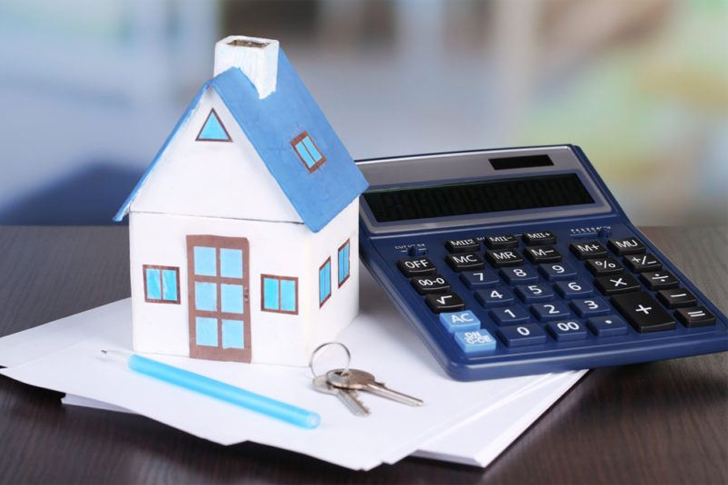How Seniors Can Accurately Discover the Value of Their Home
As you navigate life’s later chapters, understanding the financial aspects of your assets, particularly your home, becomes increasingly essential. For many seniors, a home is not just a place filled with memories—it’s also potentially their largest asset. Knowing the value of your home can help in planning for retirement, considering downsizing, dealing with estate issues, or simply for staying informed about your financial standing. Here’s a detailed guide tailored specifically for seniors to grasp the true worth of their homes.

Why Is It Important to Know the Value of Your Home?
The value of your home impacts multiple aspects of your financial life, including estate planning, property taxes, insurance premiums, and the feasibility of obtaining a reverse mortgage or other home equity products. Accurate knowledge of your home’s worth can aid in better financial decision-making and can provide peace of mind regarding your economic future.
Factors Influencing the Value of Your Home
Several factors can influence the market value of your home. These might include its size, location, age, condition, and the current real estate market trends in your area. For instance:
– **Location:** Homes in areas with easy access to amenities such as shopping centers, hospitals, and parks tend to have higher values.
– **Condition:** Older homes may need more maintenance and repairs, which could reduce their market value unless significant updates or renovations are done.
– **Market Trends:** In a seller’s market, where there are more buyers than available homes, property values tend to rise.
Methods to Determine the Value of Your Home
1. **Professional Appraisals:**
A professional appraisal is perhaps the most reliable method for determining the value of your home. An appraiser will consider all relevant factors including market trends, location, and the condition of your home to provide a detailed valuation. Though costs can vary, the average price for a professional appraisal is typically between $300 and $450.
2. **Comparative Market Analysis (CMA):**
Real estate agents often offer a comparative market analysis for free, which provides an estimate of your home’s value based on the sale prices of similar properties in your area. This analysis looks at recently sold homes that are comparable in size, location, and condition to your own.
3. **Online Valuation Tools:**
Websites like Zillow or Redfin feature automated valuation models (AVMs) that estimate home values based on public records and user inputs. While convenient, these tools can often present varying degrees of accuracy and should be used as a rough starting point.
Impact of Current Economic Conditions
The broader economic environment can significantly affect home values. For example, mortgage rate fluctuations, changes in employment rates, and economic forecasts play roles. In periods of low interest rates, more buyers are generally able to afford mortgages, which can drive up property values due to increased demand.
Preparing for a Home Valuation
To prepare for a home valuation, ensure your property looks its best—this could mean minor repairs and considering some low-cost improvements like painting or garden work. Moreover, compile a list of all updates or renovations done, as these can further influence the appraiser’s or agent’s valuation.
How Often Should Seniors Reevaluate Their Home’s Value?
It’s wise to reevaluate your home’s value every three to five years, or whenever significant market or neighborhood changes occur. Keeping up-to-date with your home’s value helps in better managing your overall financial portfolio.
Conclusion
Whether you are planning your estate, thinking about securing a reverse mortgage, or simply aiming to understand your financial standing, knowing the value of your home is crucial. Employing one or more of the above methods can provide a solid estimate of your home’s market worth, empowering you with the knowledge to make informed decisions about your future.







Recent Comments